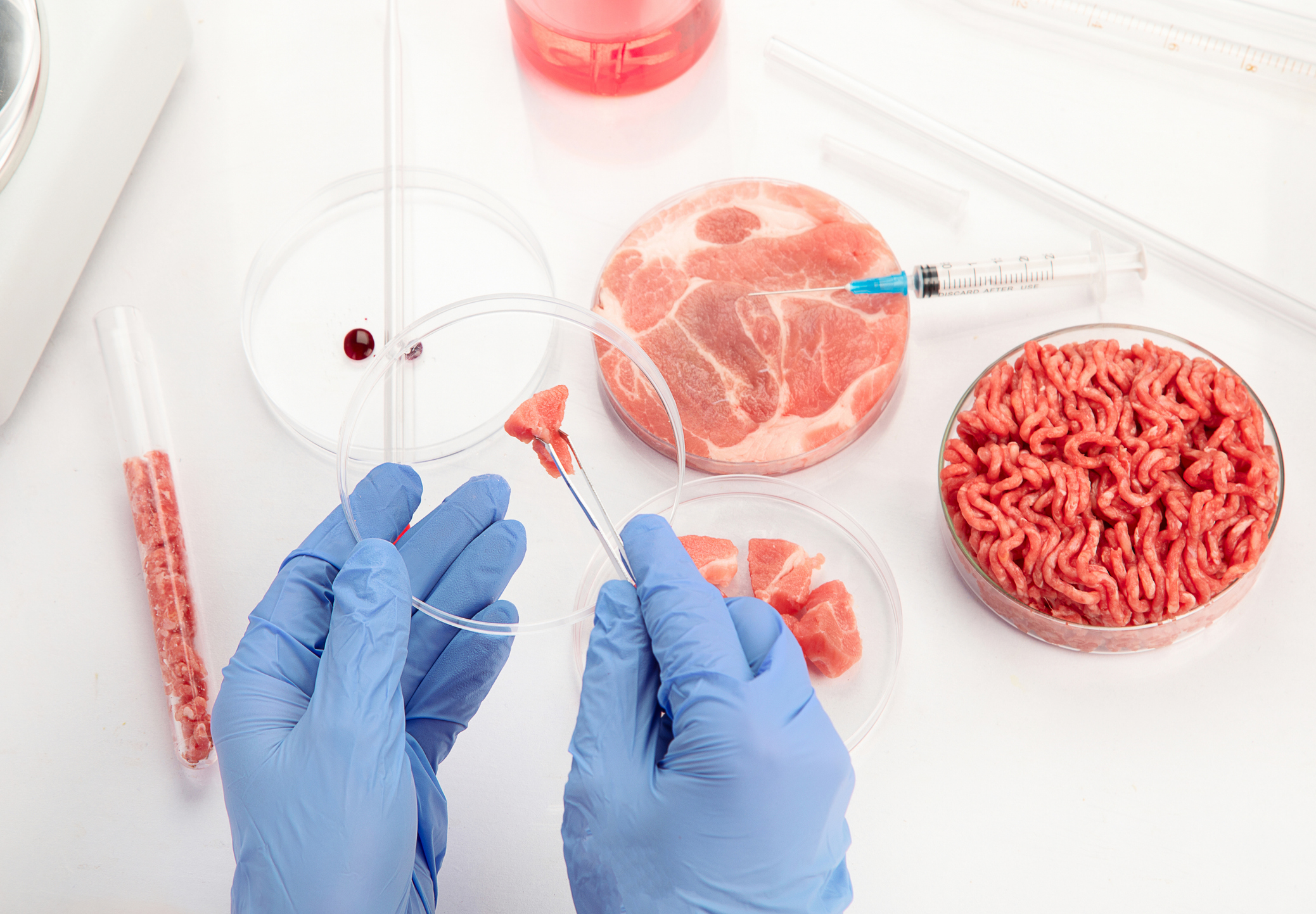
Food assistance programs across the country are receiving more funding from the United States Department of Agriculture (USDA) due to the aftershock effects of the pandemic. As part of the “Build Back Better” initiative, the USDA announced a $500 million investment in local food purchase assistance programs to improve food and agriculture supply chain resiliency. This is a significant investment by the federal government and will allow greater access to locally grown foods. For some, food assistance programs are the only way families can afford to put meals on the table, as accessibility to healthy and quality foods has become hampered because of lingering supply-chain issues. State legislatures are also recognizing this need and passing legislation to improve these essential programs.
California
A California bill is working to improve the electronic benefit transfer (EBT) programming in local farmer’s markets and tribe-operated farmer’s markets on Indian reservations to make them more accessible to lower-income Californians. The law creates a grant program for these farmer’s markets to expand their EBT acceptance systems and establishes the Local, Equitable Access to Food (LEAF) program. The law also provides grant funding for nonprofits to assist eligible farmer’s markets with establishing higher-quality EBT acceptance technology. The law also permits spending to assist nonprofits in creating materials explaining the EBT programs and translating these materials to accommodate California’s diverse population. The California State Assembly and Senate passed the bill and presented it to Governor Gavin Newson on August 26, 2022.
Colorado
Earlier this summer, Colorado Governor Jared Polis signed HB22-1380 into law, which created community food assistance programs for low-income areas in the state. These community food assistance programs support lower-income communities, small Colorado businesses, and food retailers by creating community food consortiums. In these consortiums, grants of up to $25,000 were made available to small food retailers to make healthy food more accessible to communities in food assistance programs. To support the creation of these new programs, the state appropriated $1 million to the Department of Human Services for electronic benefits transfer (EBT) programming and $1 million to the Department of Agriculture to fund the community food access program.
Maryland
On May 16, 2022, Governor Larry Hogan signed SB121 into law, which altered the uses of the Maryland Farm and Family Fund by allowing Maryland farmer’s markets to accept EBTs to expand lower-income residents’ access to quality food. Local nonprofits are eligible to receive funding to implement food assistance programming with local farmer’s markets. The law aims to support lower-income residents and Maryland farmer’s markets by creating programming that makes healthy foods more accessible to the community.
Latest News
In our latest episode of the Back in Session podcast, we had the pleasure of hosting Pennsylvania State Representative Tim O'Neal. Our conversation covered a range of topics from the recent state budget to election [...]
Photo credit: iStock.com/naturalbox The debate over raw milk legislation has intensified in 2024, with several states introducing or passing bills that address the sale and distribution of unpasteurized dairy products. Raw milk has not undergone [...]
Photo credit: iStock.com/bit245 Over the July Fourth holiday, many Americans will be grilling and barbecuing with their families and friends. A 2020 survey showed that Independence Day is the most popular holiday for grilling. In [...]
Photo credit: iStock.com/Larisa Stefanuyk We last covered human body composting legislation in 2021. As we noted then, Washington State was the first state to allow for human body composting. Washington was soon followed by Colorado [...]






Stay In Touch